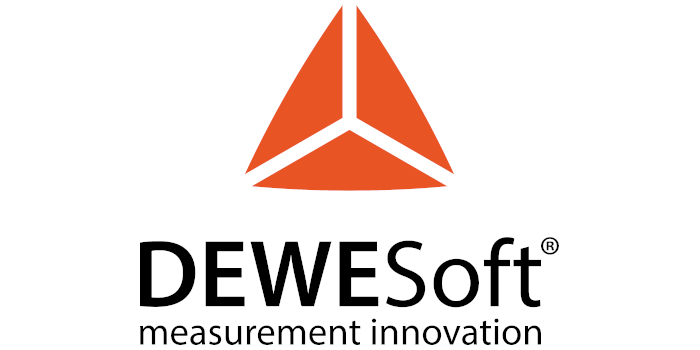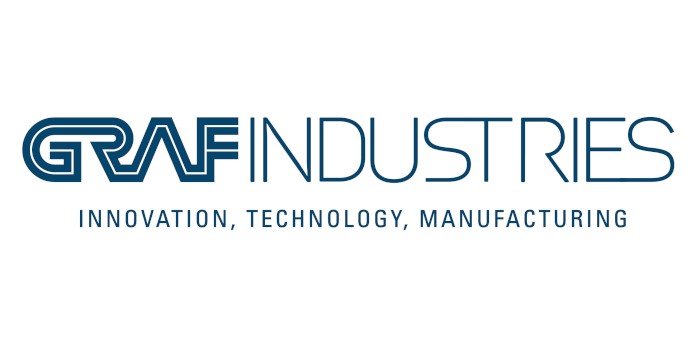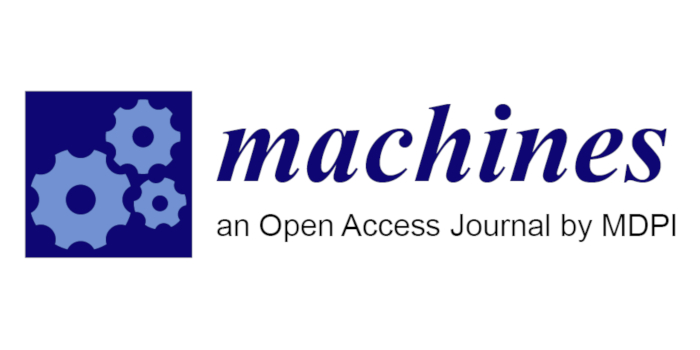SENSORS, SYSTEMS AND ALGORITHMS FOR THE MEASUREMENT OF STRESS, ATTENTION AND DROWSINESS ON DRIVERS
ORGANIZED BY
Antonio Affanni
Polytechnic Department of Engineering and Architecture, University of Udine, Italy
ABSTRACT
During recent years, the interest of scientific literature in the measurement of the stress on drivers has increased exponentially. Also for the automotive industry, during the design phase, it is important to evaluate different car setups in order to match the driver’s preference and provide confidence to the driver. Moreover, with the introduction of ADAS (Advanced Driver-Assistance Systems), it is important to measure if the ADAS algorithms are perceived as reliable and safe by the users. As another aspect, the automatic measurement and detection of drowsiness on drivers is a very important branch of research, which involves measurements of bio-signals on drivers. In the last decade, driver attention, fatigue, drowsiness, arousal and stress have been quantified by means of eye tracking systems (pupil diameter, eye blink, and eyelid), electrocardiogram (ECG), electrodermal activity (EDA), electroencefalogram (EEG)... Recently, most of papers combine these signals to train artificial intelligence (AI) or machine learning (ML) algorithms to detect the stress on drivers.
In this scenario, research contributions in the field of the development of novel and accurate sensors and the application of new ML techniques to stress/attention/drowsiness measurement on drivers are welcome in this special session.
TOPICS
Topics of interest for this Special Session include, but are not limited to:
- design of sensors for drivers' stress measurement using bio-signals (ECG, EDA, EEG, PPG,...);
- design of sensors and systems for drivers' drowsiness measurement;
- design of sensors and systems for drivers' attention measurement;
- implementation of AI and data fusion algorithms applied to drivers for stress detection;
- implementation of AI and data fusion algorithms applied to drivers for drowsiness detection.
ABOUT THE ORGANIZERS
Antonio Affanni received the M.S. degree in Electronic Engineering and the Ph.D. in Information Technologies from the University of Parma, Parma, Italy in 2003 and 2007, respectively.
Since 2009 he joined the Polytechnic Department of Engineering and Architecture of the University of Udine, Udine, Italy.
He is currently Assistant Professor at the University of Udine, Italy.
His research interests include the development and characterization of wearable sensors for bio-signals acquisition and the signal processing for stress detection in individuals.
















